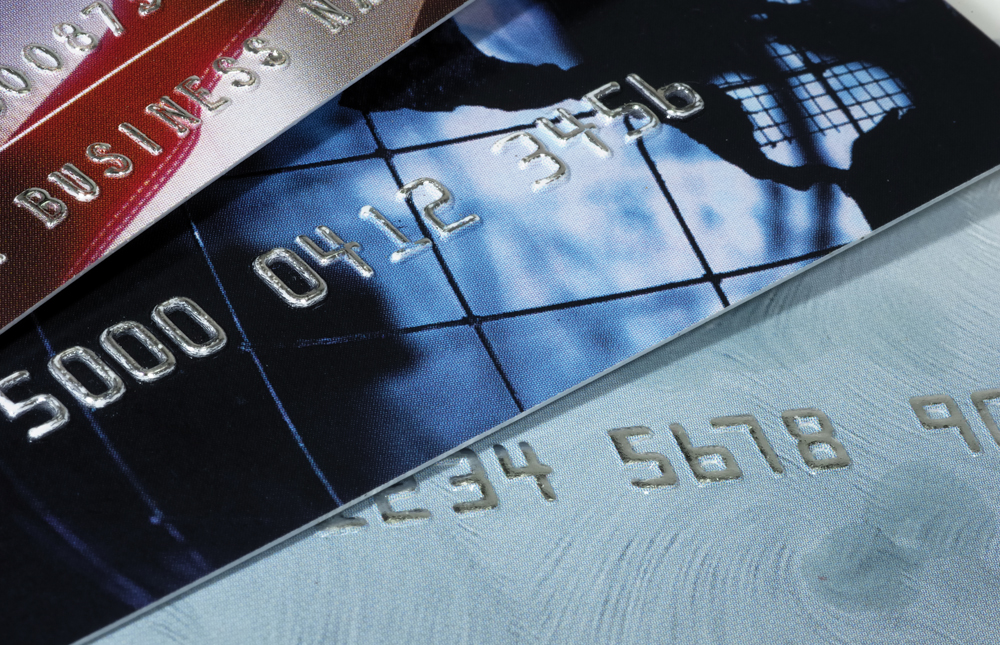Credit Cards & Loans
Average Brit owes £6,372 on credit cards, loans and overdrafts

The average Brit now owes £6,372 on credit cards, loans and overdrafts – up 5% compared to a year ago.
In 2016, the figure was £6,086, according to research by MoneySuperMarket. This means UK consumer debt, excluding mortgages, now stands at £240bn.
The findings suggest almost three quarters (73%) of adults currently have some form of unsecured borrowing, with a third relying on credit to get by every month.
Worryingly, younger spenders rack up most debt, with almost a fifth (18%) of 18-34 year olds owing more than £10,000, compared to just 5% of over 54 year olds.
Indebted Londoners owe the most, at £10,244 on average, 61% higher than the national average. People in Yorkshire and the Humber owe an average of just £4,748.
Debt triggers
Over a third (35%) of those who have more debt than they had last year blame the rising cost of living, including transport, bills and groceries. However, three in 10 admit they are guilty of spending too much on luxury items, while 8% said they cannot control their spending.
People in debt have been so for two years on average and almost half (43%) have increased their debt by up to £1,500, or they haven’t cleared any of it over the last 12 months.
Five per cent cannot see themselves ever getting out of debt, meaning 37.6 million households will remain in the red this year.
Steps to take
Kevin Pratt, consumer affairs expert at MoneySuperMarket, said: “Inflation rose to a 32-month high in February 2017, hitting 1.8 per cent, which means the pressure on household spending is building. Indeed, the Chancellor said in his Budget speech last week that it would spike at 2.4 per cent later this year.
“That means people in debt will find it harder to get back into the black. However, there are some simple steps people in debt can take to make sure they’ve got the best possible chance of paying it off. For example, it’s important to shop around to make sure you’re paying the lowest interest rate you can.
“It’s also worth consolidating multiple expensive debts onto a low-interest personal loan. Rates are the lowest they’ve been in years so, if you’re struggling to pay off unsecured debt, this might be an attractive option. Another tactic is to transfer an outstanding credit card balance that’s charging interest to a credit card that charges 0% on balance transfers.